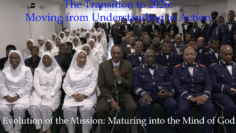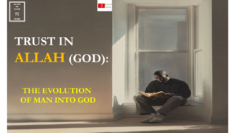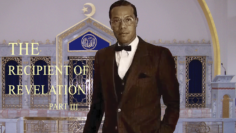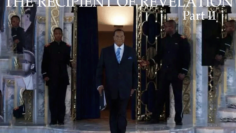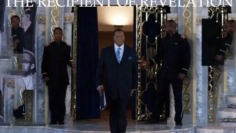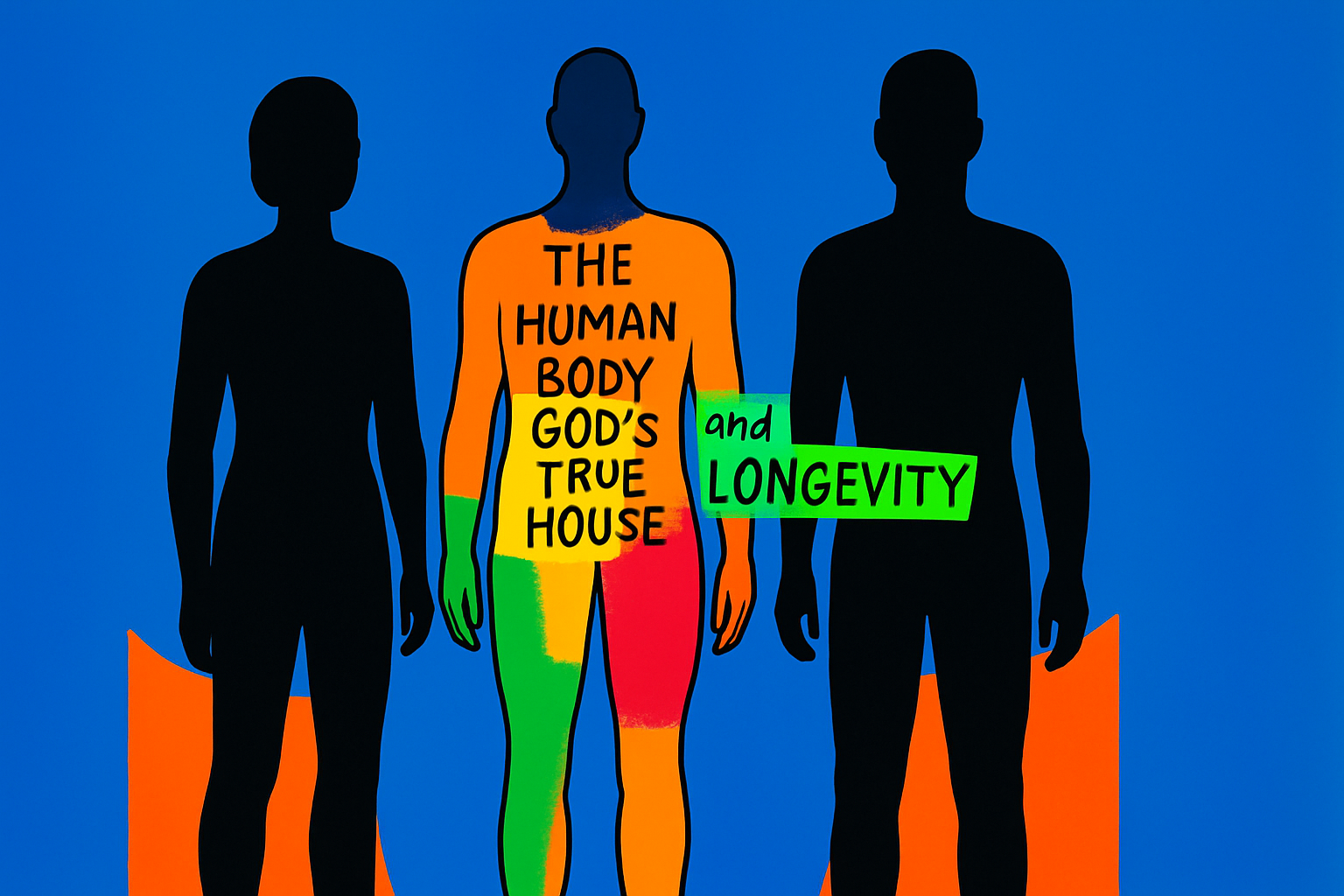
The Human Body: God’s True House
Student Minister David Hasan opens the session with powerful prayers and greetings, setting a tone of peace and gratitude, and recognizing the importance of being on time. He emphasizes the necessity of bringing good energy, attitude, and love for self, God, and people to achieve success. Hasan elaborates on the profound mission, purpose, and meaning instilled by the Honorable Minister Louis Farrakhan, highlighting him as a divine servant and Messiah raised after 90 years. He praises the Most Honorable Elijah Muhammad for dedicating his life to the resurrection of his people, guided by Master Fard Muhammad who raised a nation. Hasan contrasts America’s “do or die” mentality with Minister Farrakhan’s teaching of “separation or death,” advocating for freedom of choice. He urges the audience to “watch the weather” as a manifestation of God’s judgment through natural disasters like rain, hail, snow, and earthquakes, and critiques religious institutions that fail to cultivate “beautiful people” beyond their physical walls. He concludes his introduction by underscoring self-improvement as the fundamental basis for community development, linking the knowledge of self with the knowledge of God.
Following this, Student Minister Joseph Muhammad delivers the keynote lecture, drawing extensively from the book “Torch Light for America: Ending the Health Care Crisis”. He begins by expressing profound gratitude for Master Fard Muhammad, the Most Honorable Elijah Muhammad, and the Honorable Minister Louis Farrakhan, whom he describes as a shining example and a champion for all humanity, representing every scholar in the Bible and the Holy Quran. Joseph Muhammad shares his personal journey of self-improvement, inspired by Minister Farrakhan, and emphasizes that true health begins in the kitchen, guided by divine instructions on what, how, and when one eats.
A central theme of his lecture is the concept of the human body as the true house of God, lamenting that individuals often show greater reverence to man-made religious structures than to God’s own creation. He challenges traditional views on death and resurrection, using scientific explanations of bodily decomposition (autolysis) to argue against a physical reanimation from the grave, asserting that such teachings often fail to resonate with younger, “woke” generations. Joseph Muhammad stresses that most sickness stems from rebellion against divine law and that obedience to these laws allows for greatly extended lifespans, citing ancient patriarchs from scripture and the longevity of the Galapagos turtle as examples. He delves into the complexity of the human body, comparing its intricate cellular design to the building blocks of a house, and critiques the “big bang” theory as an insufficient explanation.
Crucially, he teaches that desire and will are the engines of change, with prayer serving to strengthen these forces. Joseph Muhammad highlights the importance of consistent prayer, calling on Master Fard Muhammad, and understanding that God provides what we need, not always what we want. He criticizes conventional healthcare for often failing to empower individuals to make lasting lifestyle changes, leading to dependence on medication and often being administered by doctors who are themselves unhealthy. He asserts that individuals possess the power to choose health and overcome negative habits, as they are made in God’s likeness and image. The lecture connects physical health with spiritual well-being, advocating for the mosque as a “charging station” to combat the draining influences of the world and to engage in continuous self-examination, analysis, and correction. He concludes by urging listeners to embrace these teachings to achieve divine health and longevity, emphasizing that “the greatest wealth is good health” and that Minister Farrakhan is holding the “torch light for America,” guiding people to remember that “we all we got and we all we need”.






